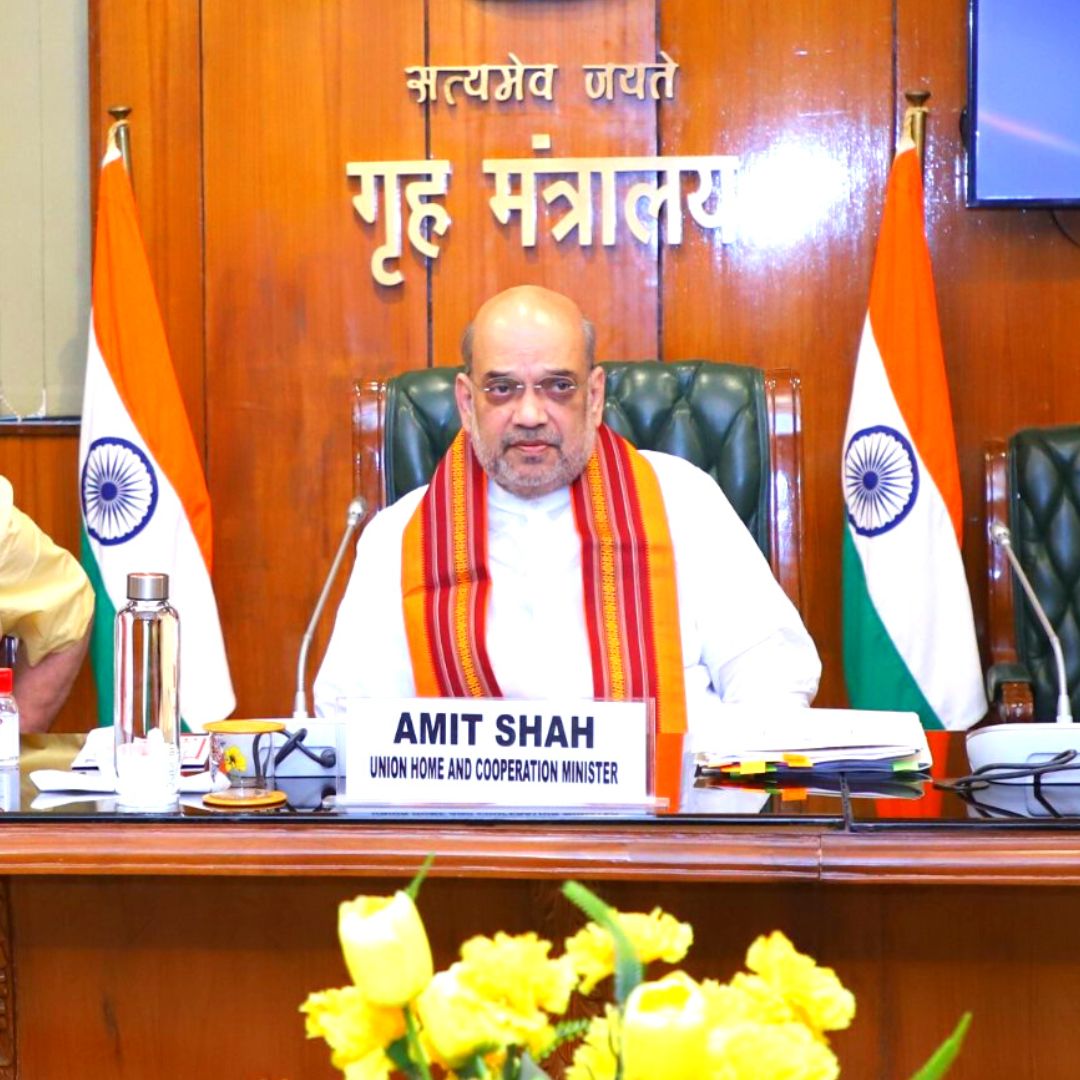
Image Credit: Facebook/Amit Shah (representational)
Paharis, Gujjars, Bakerwals, In Jammu & Kashmir To Receive Quota Benefits: Amit Shah
Writer: Snehadri Sarkar
While he is a massive sports fanatic, his interest also lies in mainstream news and nitpicking trending and less talked about everyday issues.
Jammu and Kashmir, 5 Oct 2022 4:01 AM GMT
Editor : Shiva Chaudhary |
A post-graduate in Journalism and Mass Communication with relevant skills, specialising in content editing & writing. I believe in the precise dissemination of information based on facts to the public.
Creatives : Snehadri Sarkar
While he is a massive sports fanatic, his interest also lies in mainstream news and nitpicking trending and less talked about everyday issues.
The Bakerwals and Gujjars constitute 40 per cent of the total population in the border districts of Poonch and Rajouri. Furthermore, Paharis also live in this same area but are numerically smaller in number.
Union Home Minister Amit Shah, on October 4, announced that the Bakerwal, Pahari and Gujjar communities in Jammu and Kashmir would be getting reservation benefits in accordance with the recommendations of the Justice Sharma Commission, which reviewed the issue of quota.
Shah, while addressing a rally organised at the foothills of the Pir Panjal mountain range along the Indo-Pak border, made the statement mentioned above. He said that there would be no decline in the ST quota of Bakerwals, Paharis and Gujjars, and everyone would get their share.
Furthermore, he added that the dilution of Article 370 in 2019 paved the way for granting reservation benefits to the deprived set of the society in J&K.
"The Justice Sharma Commission has recommended that Paharis, Bakerwal and Gujjars should be included for ST quota benefits. These recommendations have been received and soon after completion of legal procedure, Gujjars, Bakerwals, and Paharis will get the reservation benefits," the Home Minister was quoted as saying by The Wire.
Quota System In J&K
The home minister also stated that some individuals have attempted to instigate the Bakerwals and Gujjars in the name of Scheduled Tribe (ST) status being given to Paharis; however, the locals have foiled their design.
There have been multiple reports of protests by the Bakerwals and Gujjars in Shopian in Kashmir and in Jammu as of late against the decision to grant ST status to the Paharis.
The Bakerwals and Gujjars constitute 40 per cent of the total population in the border districts of Poonch and Rajouri. Furthermore, Paharis also live in this same area but are numerically smaller in number. The Bakerwals and Gujjars make up the third biggest ethnic group in Jammu and Kashmir after the Dogras and the Kashmiris.
Since April 1991, they have been bearing the fruits of the benefits of a 10 per cent quota for the ST community in jobs and educational institutions. Meanwhile, the Paharis are also seeking the same benefits which the Gujjar and Bakarwals opposed.
 All section
All section














